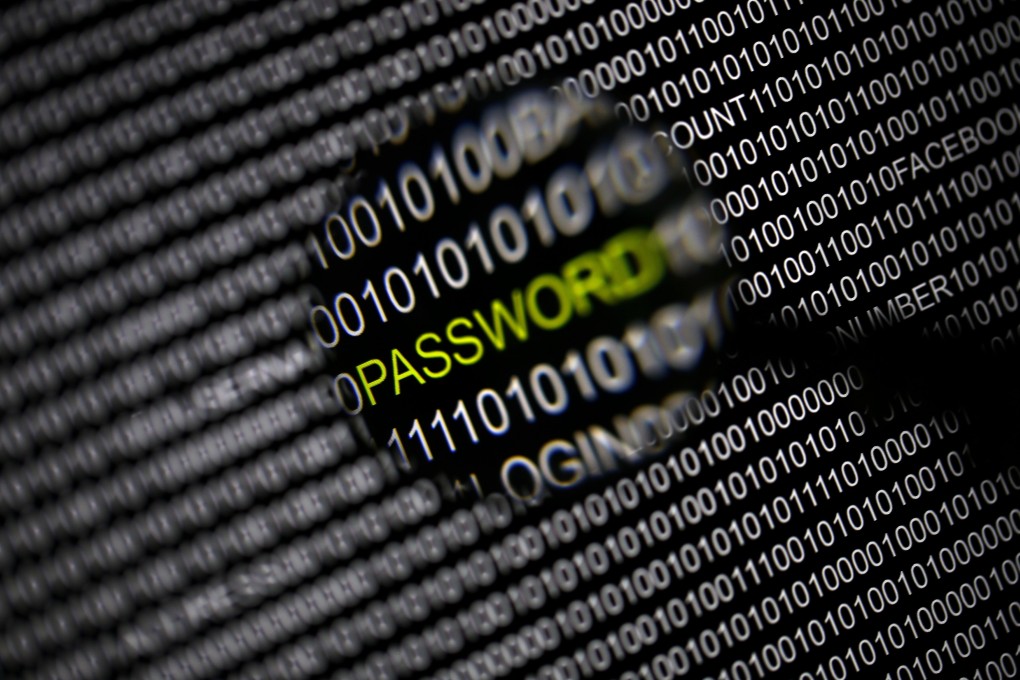Hacking claims by US and China highlight danger of a cyberarms race
The war of words between China and the United States over cyberespionage has escalated, with Washington bringing unprecedented charges against five Chinese military officials accused of hacking into American firms to gain trade secrets

The war of words between China and the United States over cyberespionage has escalated, with Washington bringing unprecedented charges against five Chinese military officials accused of hacking into American firms to gain trade secrets. If the first part of that sentence before the comma sounds familiar to people who follow this issue, it is because they appeared in this column a year ago almost to the day.
On that occasion, without naming anyone, the US accused China of trying to break into government computer networks to obtain information that would help its defence industry and military planning. That was just before the exposure by US whistle-blower Edward Snowden of the extent of American electronic surveillance and invasion of privacy at home and abroad tipped the balance of moral outrage in China's favour.
As the first anniversary looms of Snowden's surfacing in Hong Kong with his sensational revelations, the latest exchange between Beijing and Washington shows that their competition for military and economic secrets is undiminished. By naming alleged hackers the United States has sent a message that the diplomatic gloves are off over intellectual property theft, even if the five are most unlikely to be prosecuted. An angry China has summoned the US ambassador to register a protest and can be expected to take retaliatory legal steps against American corporate or intelligence officials. US companies that have reported hacking now fear reprisals by Chinese authorities.
Washington appears to be trying to distinguish between commercial and defence spying. That is to say, security secrets remain fair game, but intellectual property should be off limits to state-sponsored spying. In modern global rivalry, however, security and economic strength are more interdependent than ever. Espionage is espionage. Evidence of that, if Washington is to be believed, is that repeated warnings have had no effect on China, while the United States has set double standards by eavesdropping on cutting-edge Chinese companies and, as Snowden revealed, on trade talks.
The latest tit-for-tat exchange underscores the mistrust between China and the US over hacking. Measures to protect vital national infrastructure have potential to turn into a cyberarms race that could get physical by miscalculation or accident. This adds a new dimension to global security, which would be best served if the two big cyberespionage powers led a push for international protocols and accords to contain it.
